Modern pesticides found in UK rivers could pose risk to aquatic life
New research shows that modern pesticides used in agriculture and veterinary medicines have been found for the first time in English rivers.
17/06/2025 By BGS Press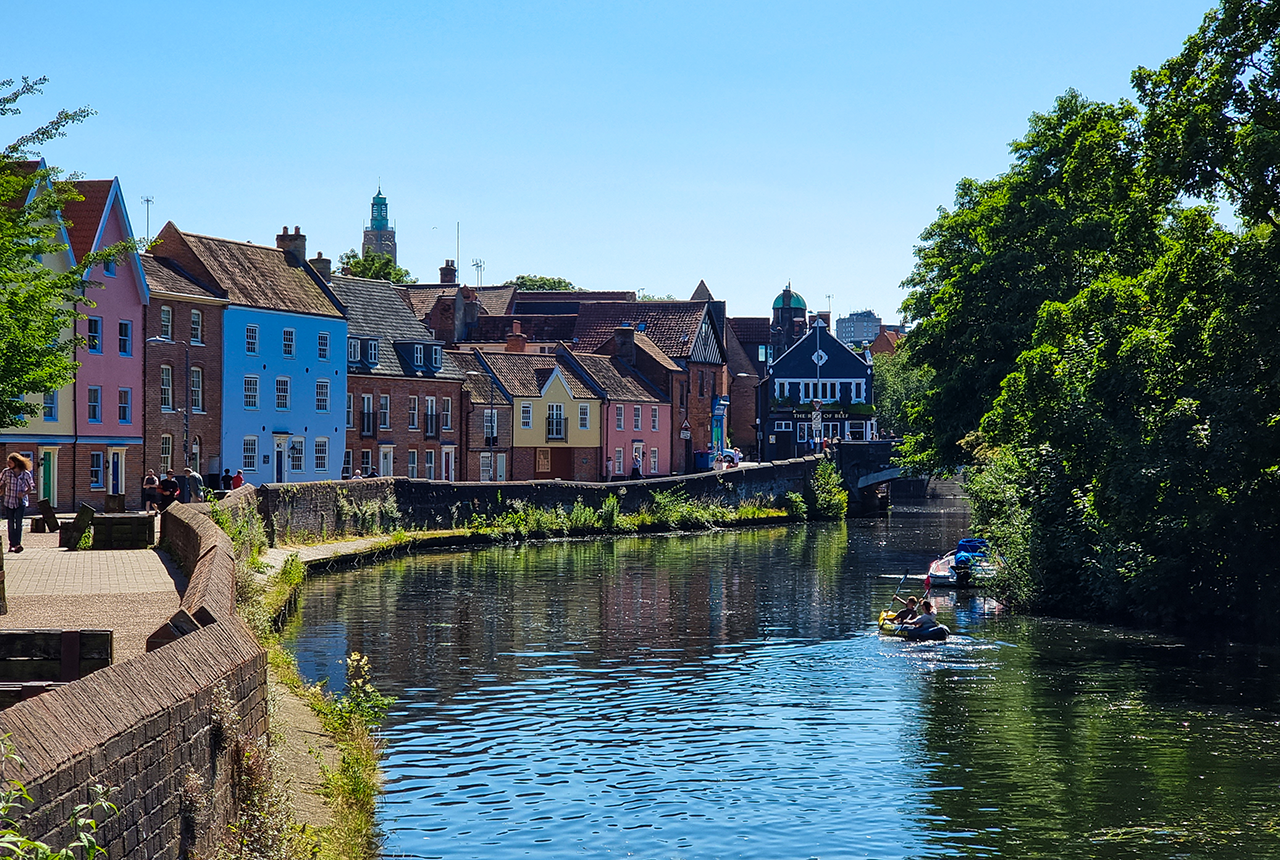
Pesticide pollution can be extremely damaging to the environment. Pesticides are intrinsically toxic chemicals capable of inflicting a wide range of effects on wildlife, which can in turn cause lasting damage to wildlife populations and ecosystems. Despite these concerns, more research needs to be undertaken to understand the level of pesticide pollution in English rivers.
New research has assessed the distribution of current-use pesticides, which are currently on the market and being used in various applications, including agriculture. The research also evaluated the pollution by such pesticides in the waters and sediments of two English rivers; the River Tone in Somerset, which runs through Taunton, and the River Wensum in Norfolk, which runs through Norwich. The data generated by the study represents one of the most comprehensive assessments of pesticides in any English river catchment to date and is widely applicable to other river catchments across the UK.
Water, sediments, fish and invertebrates were collected along the two rivers and analysed for 52 pesticides. The study, undertaken by BGS in collaboration with the University of Nottingham, found that the veterinary pesticide fipronil was measured at high concentrations. Fipronil is commonly used by vets as an anti-flea treatment for dogs and likely gets into our rivers by dogs accessing these waterways. In addition, propiconazole (a systemic fungicide commonly used in agriculture) was found at elevated concentrations in sediments from the rivers Tone and Wensum.
Neonicotinoids, a group of neuro-active insecticides, are used in agriculture to help prevent crops from being eaten by pests and were found in both of the rivers. At one-third of the sites sampled, the level of neonicotinoids exceeded the chronic threshold for aquatic invertebrates, meaning they will be affecting the health of these organisms.
Modern chemical pesticides have positive applications, such as veterinary medicines helping prevent fleas in domestic pets and in UK agriculture where herbicides, insecticides and fungicides can help prevent food shortages by protecting crops from various pests.
However, our research has highlighted that these pesticides are now present in English rivers and could potentially pose threats to the local wildlife. To help mitigate the risk to ecosystem health, additional protective measures are needed to promote more environmentally sustainable practices, alongside the introduction of stricter regulation around the most high-risk pesticides to help protect our rivers from further impact.
Christopher Vane, head of BGS Organic Geochemistry.
The research has highlighted that further studies need to be completed in order to determine the effects that modern pesticides could have on ecosystems of rivers. BGS will also complete additional research in other countries over the next few years, which will continue to assess which pesticides are present in rivers.
The research paper, ‘Widespread pesticide pollution in two English river catchments of contrasting land-use: from sediments to fish’, is available to read.
Relative topics
Related news

Suite of ten new soil reference materials released
02/01/2026
BGS has a longstanding track record of producing high-quality reference materials and has released ten new soil reference materials.

Dr Angela Lamb appointed as honorary professor by the University of Nottingham
02/10/2025
Dr Lamb will take up the position of honorary professor of environmental geochemistry, with a focus on collaborative research.
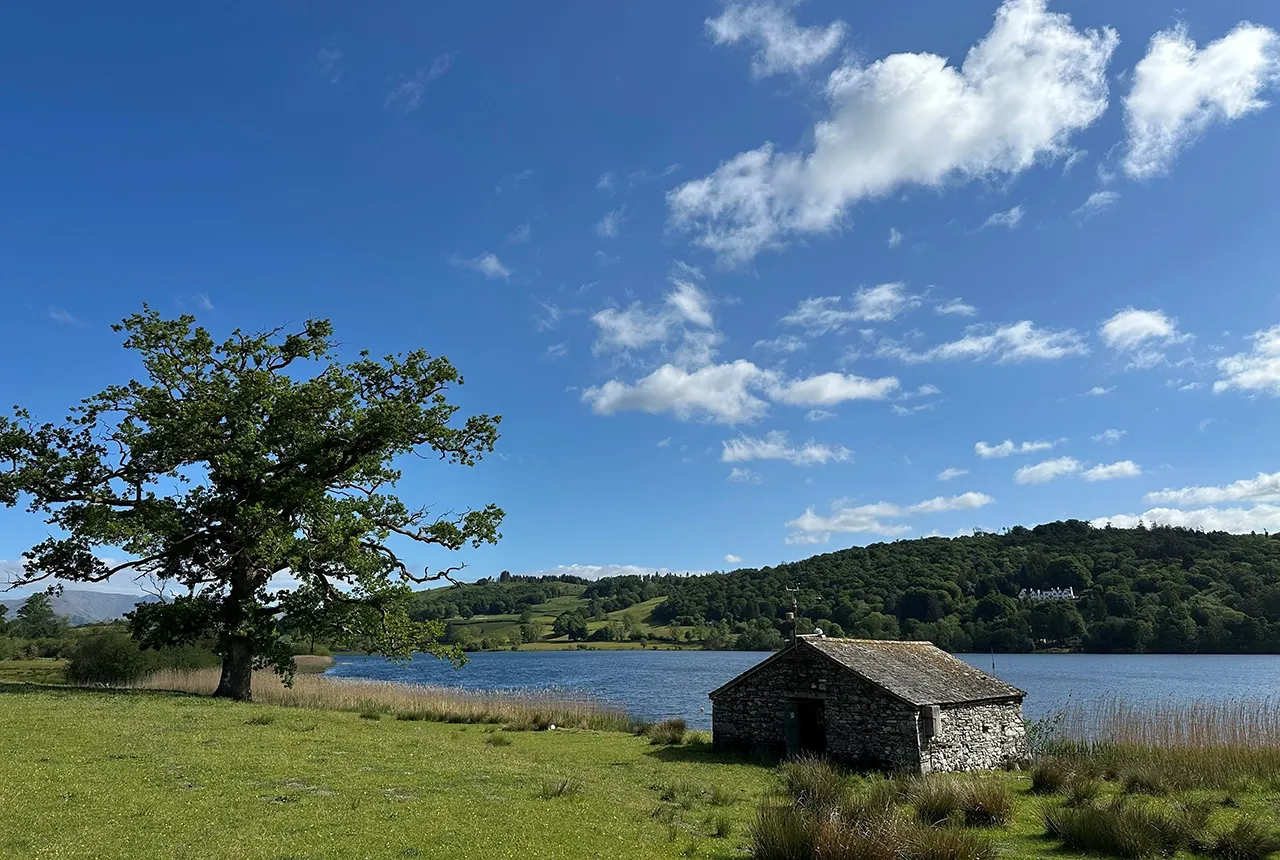
Esthwaite Water: applying novel approaches to understand lake-water nutrient pollution
19/09/2025
Andi Smith (BGS) and Savannah Worne (Loughborough University) embarked on fieldwork in the Lake District, applying a novel stable isotope method for tracing phosphorus sources.

PhD adventures in the Philippines: coring around Lake Bulusan
05/09/2025
Chris Bengt recounts his two-week field trip to Bulusan Volcano Natural Park in the Philippines to collect lake sediment cores, fresh soil and water samples.

New tool helps identify coal mine gas risk for housing developments in Scotland
05/08/2025
Scientists have co-developed a new tool for North Lanarkshire Council to help screen coal mine gas emissions prior to the development of new houses and buildings.
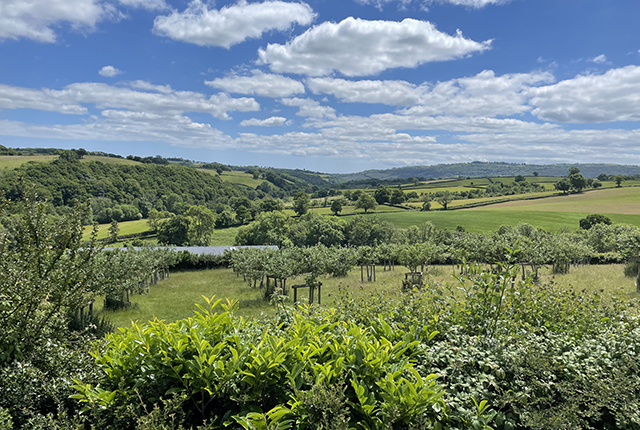
New journal article reveals snapshot of forever chemicals in shallow English soils
31/07/2025
Data on the presence of per- and polyfluoroalkyl substance concentrations in English soils has been released.

Modern pesticides found in UK rivers could pose risk to aquatic life
17/06/2025
New research shows that modern pesticides used in agriculture and veterinary medicines have been found for the first time in English rivers.

What is the impact of drought on temperate soils?
22/05/2025
A new BGS review pulls together key information on the impact of drought on temperate soils and the further research needed to fully understand it.
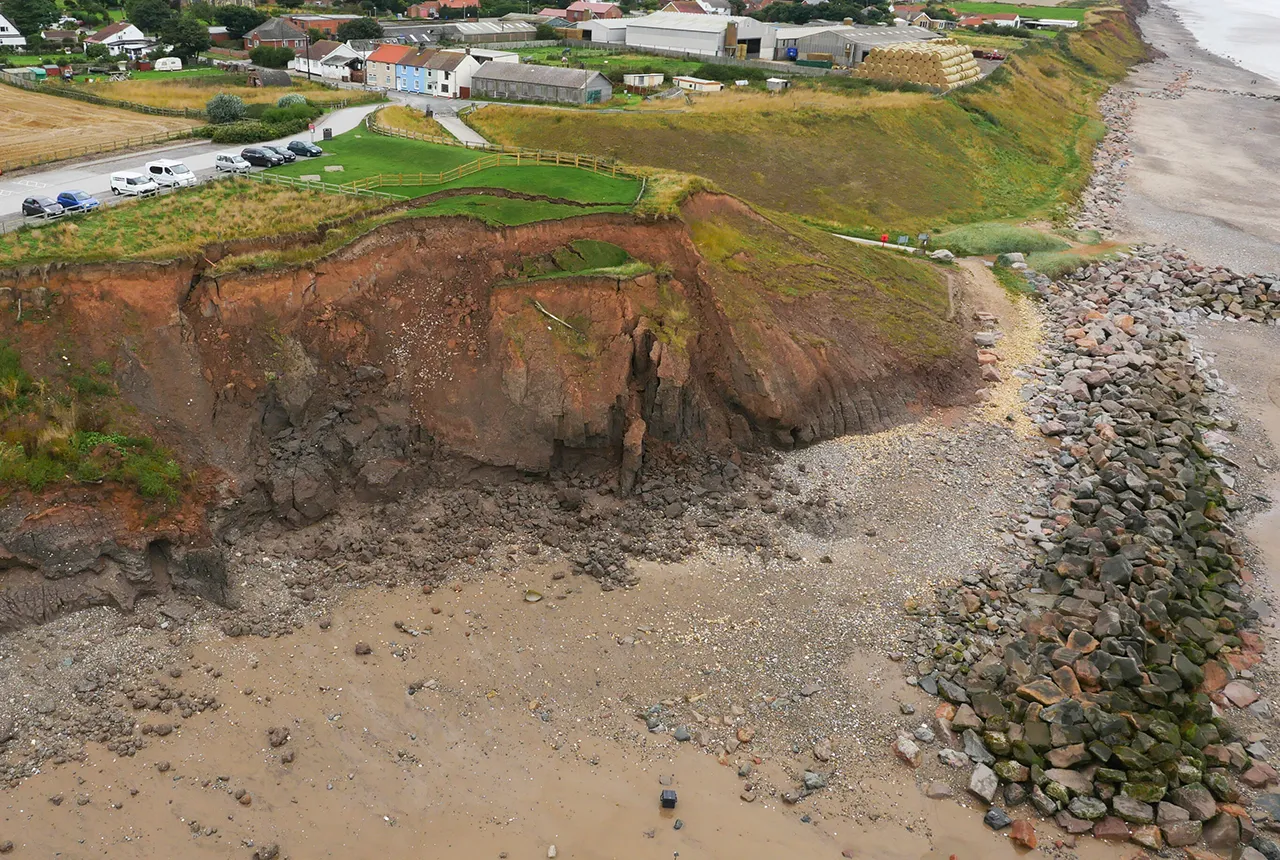
What does the next generation of coastal environmental models look like?
15/04/2025
A new tool is now available that has been designed to help coastal engineers and practitioners better manage the compound risk of coastal erosion and flooding.
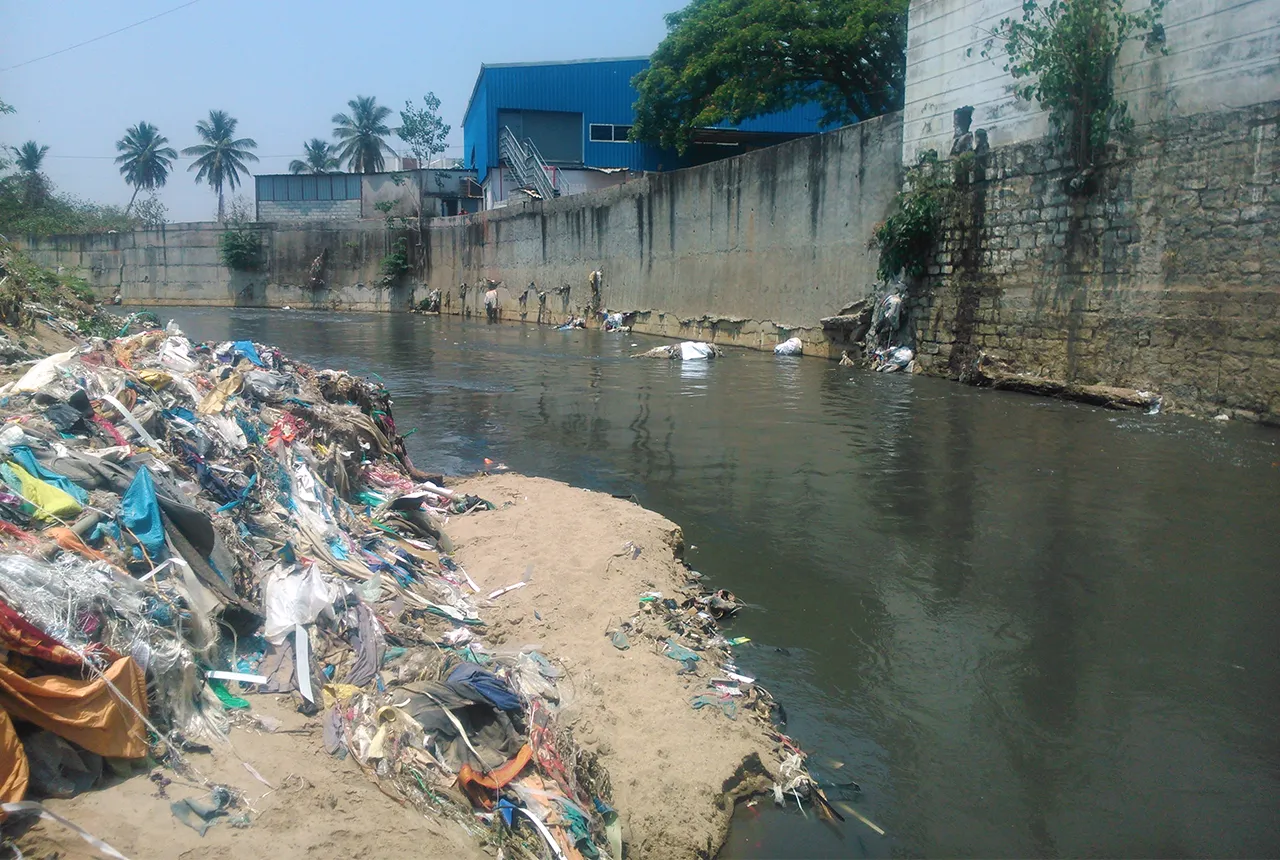
Presence of harmful chemicals found in water sources across southern Indian capital, study finds
10/03/2025
Research has revealed the urgent need for improved water quality in Bengaluru and other Indian cities.
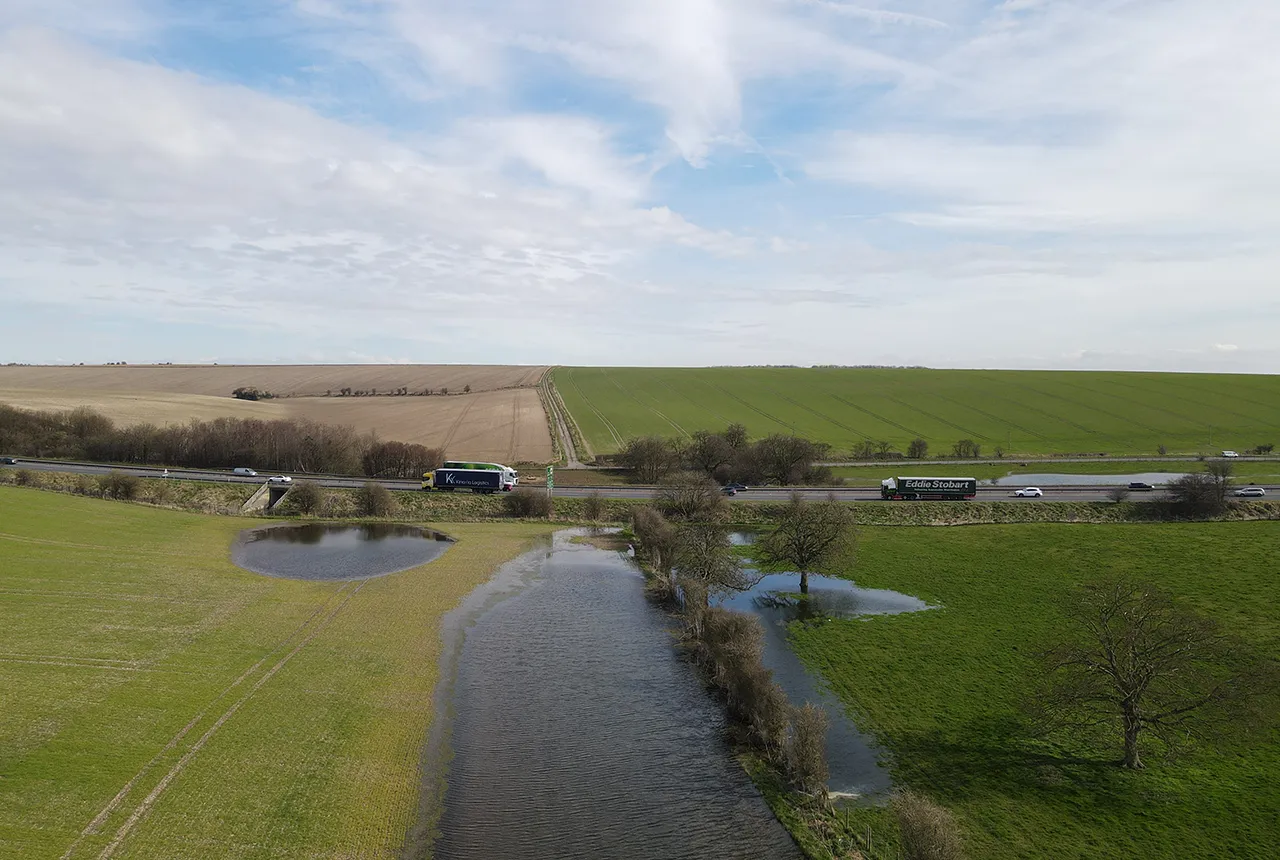
Pioneering tool expanding to analyse agricultural pollution and support water-quality interventions
06/02/2025
An online tool that shows which roads are most likely to cause river pollution is being expanded to incorporate methods to assess pollution from agricultural areas.

Dynamics of land-to-lake transfers in the Lake Victoria Basin
09/12/2024
In June 2024, a UK/Kenya research team shared research findings from a collaborative, four-year field and experimental programme within Kenya.



